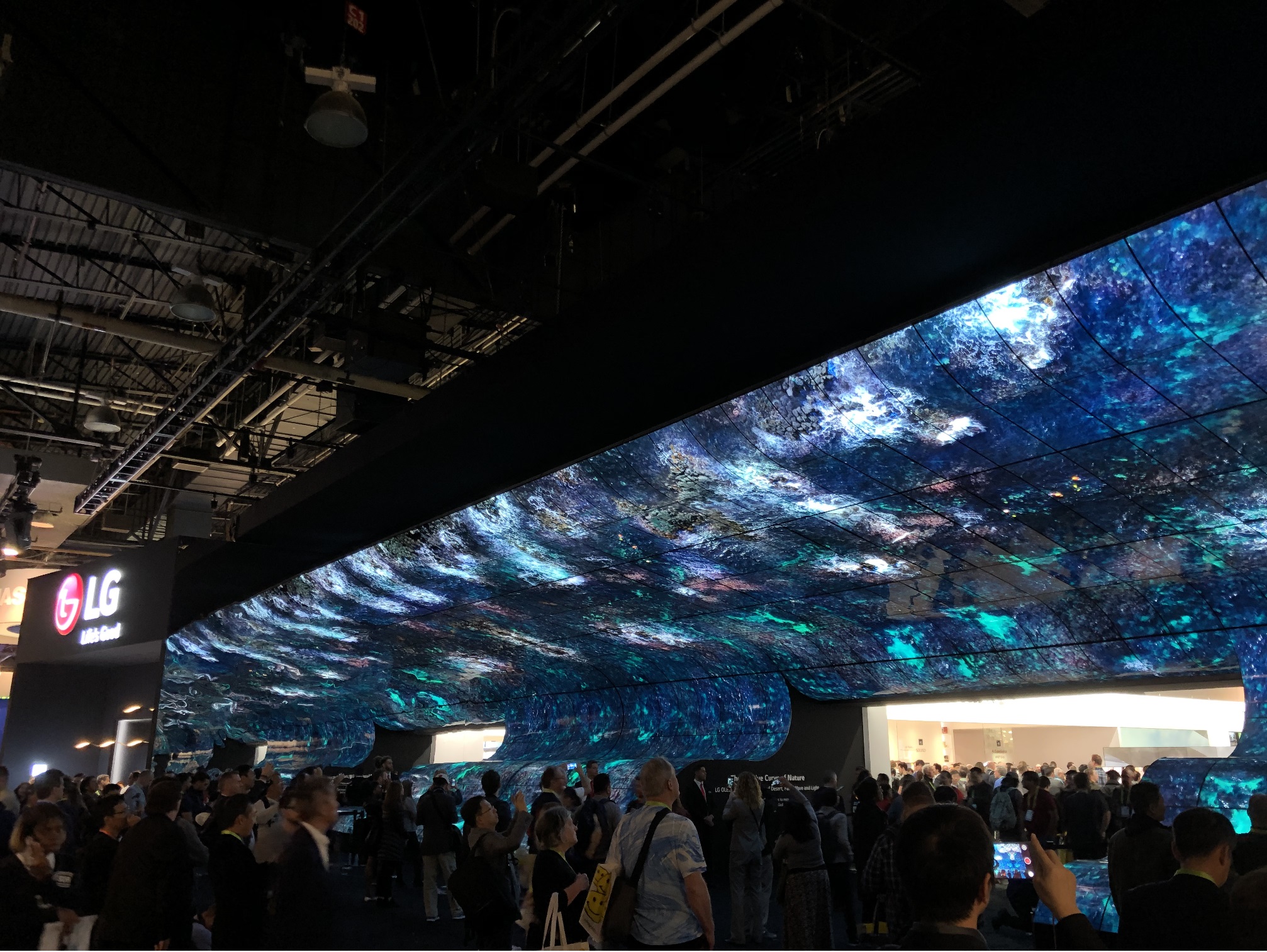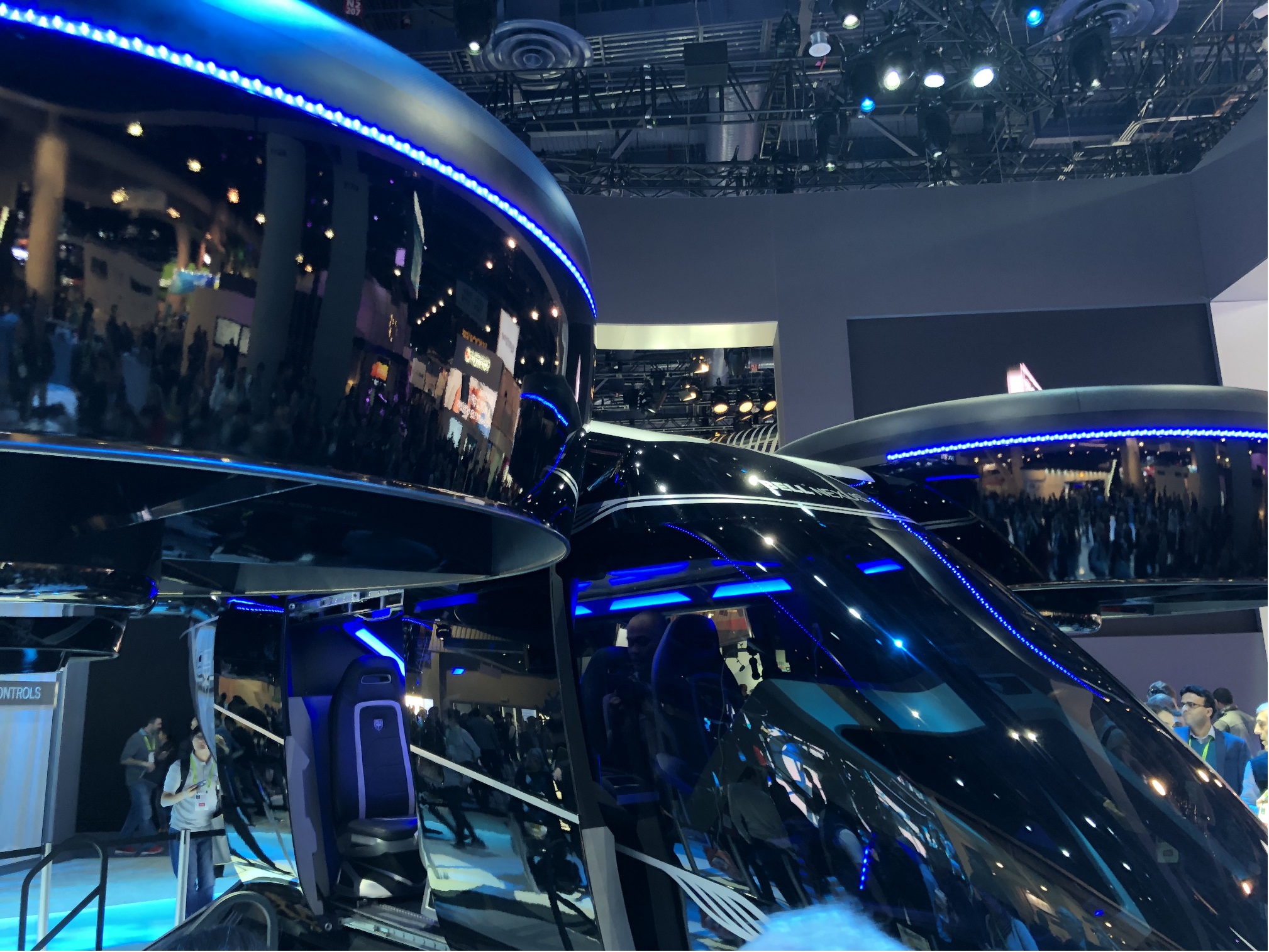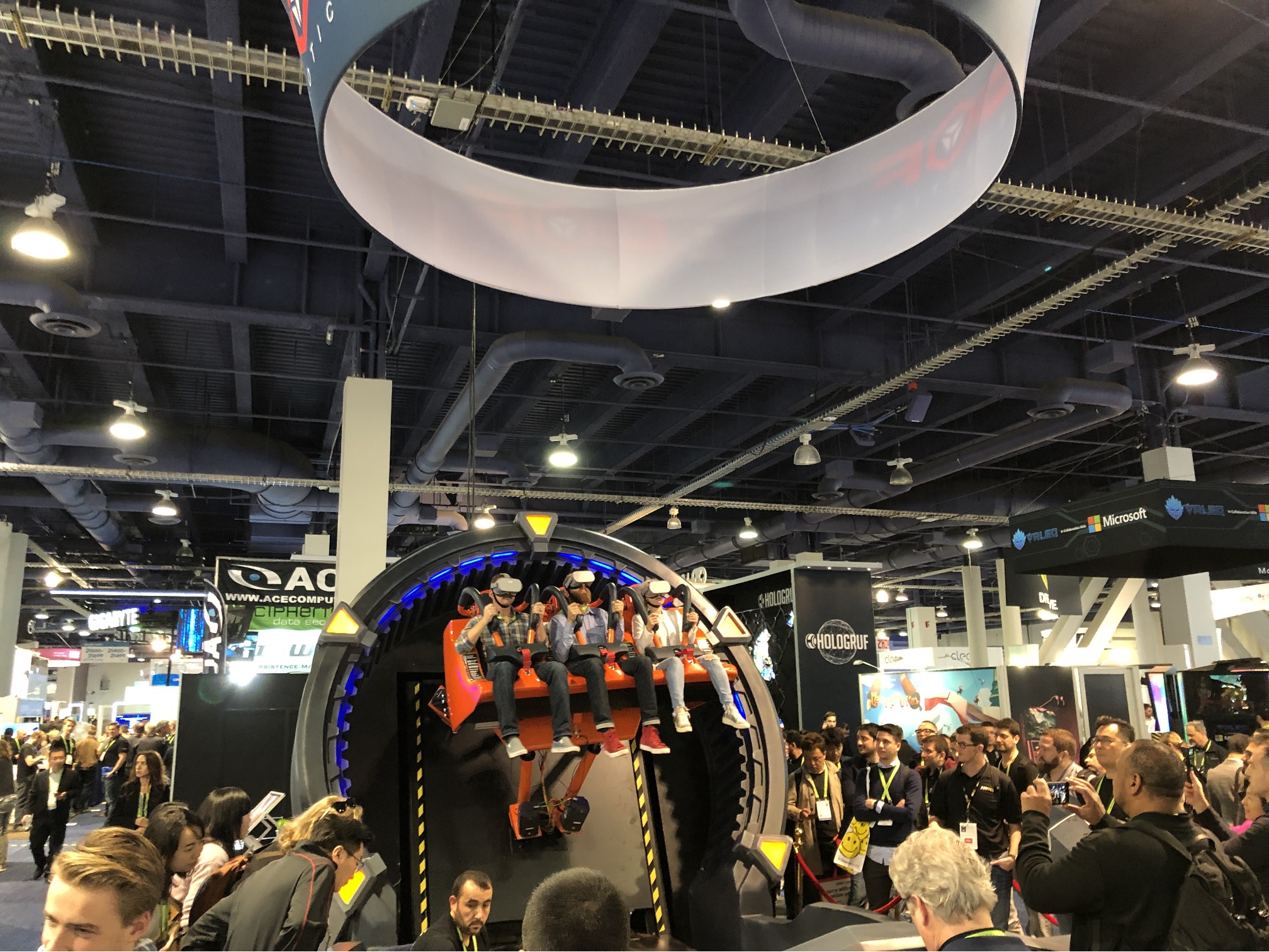Last week, Bill discussed our plans for the AIXPRT Community Preview (CP). I’m happy to report that, despite some last-minute tweaks and testing, we’re close to being on schedule. We expect to take the CP build live in the coming days, and will send a message to community members to let them know when the build is available in the AIXPRT GitHub repository.
As we mentioned last week, the AIXPRT CP build includes support for the Intel OpenVINO, TensorFlow (CPU and GPU), and TensorFlow with NVIDIA TensorRT toolkits to run image-classification workloads with ResNet-50 and SSD-MobileNet v1 networks. The test reports FP32, FP16, and INT8 levels of precision. Although the minimum CPU and GPU requirements vary by toolkit, the test systems must be running Ubuntu 16.04 LTS. You’ll be able to find more detail on those requirements in the installation instructions that we’ll post on AIXPRT.com.
We’re making the AIXPRT CP available to anyone interested in participating, but you must have a GitHub account. To gain access to the CP, please contact us and let us know your GitHub username. Once we receive it, we’ll send you an invitation to join the repository as a collaborator.
We’re allowing folks to quote test results during the CP period, and we’ll publish results from our lab and other members of the community at AIXPRT.com. Because this testing involves so many complex variables, we may contact testers if we see published results that seem to be significantly different than those from comparable systems. During the CP period, On the AIXPRT results page, we’ll provide detailed instructions on how to send in your results for publication on our site. For each set of results we receive , we’ll disclose all of the detailed test, software, and hardware information that the tester provides. In doing so, our goal is to make it possible for others to reproduce the test and confirm that they get similar numbers.
If you make changes to the code during testing, we ask that you email us and describe those changes. We’ll evaluate if those changes should become part of AIXPRT. We also require that users do not publish results from modified versions of the code during the CP period.
We expect the AIXPRT CP period to last about four to six weeks, placing the public release around the end of March or beginning of April. In the meantime, we welcome your thoughts and suggestions about all aspects of the benchmark.
Please let us know if you have any questions. Stay tuned to AIXPRT.com and the blog for more developments, and we look forward to seeing your results!
JNG















